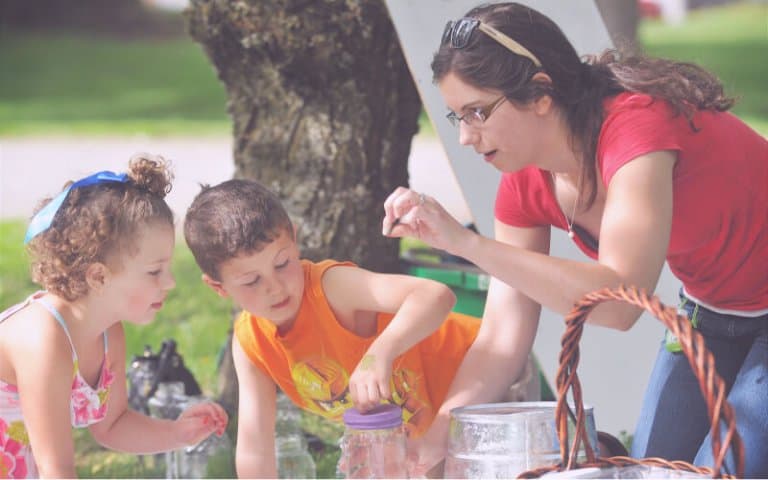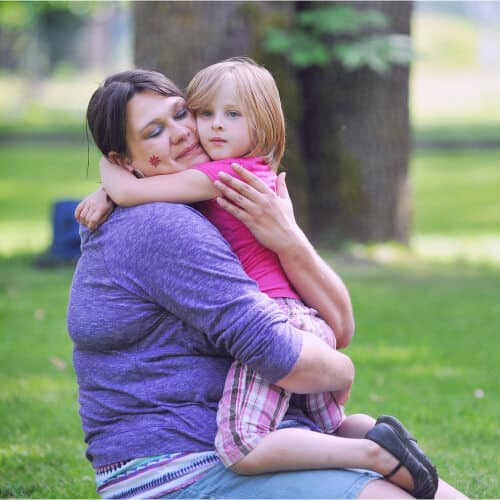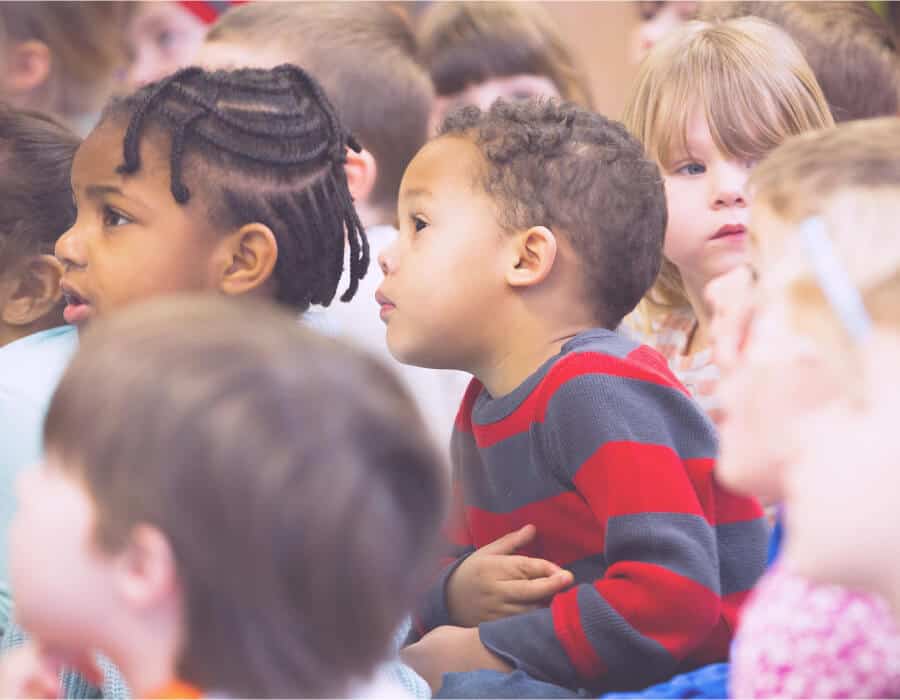The Importance of Family Involvement: Babies Learn Best at Home

Study after study demonstrate the incredible importance of early childhood development— especially the role that family members play—in shaping a child from the earliest years.
The examples and studies are numerous enough to fill out a four-year college degree (or more), but following are a few key facts.
The Youngest Years are Vital
The first five years lay the foundation for a child’s future emotional, physical, and social well-being, and their capacity for success in learning. The first three years are vital for a child’s brain development. Although children aren’t “in school” yet, the earliest years are actually when the most learning takes place.
Familiar Faces Enhance Learning
It has been shown that learning occurs more quickly when:
- Children feel loved and secure.
- Children see familiar faces and hear voices they know.
- Family members play and interact with children regularly.
The more often that those closest to children will play with, talk to, and respond to them, the faster they learn, and the greater capacity they will have for future learning.
Children Learn by Imitation
Children learn by imitating the behavior, words, and attitudes of those around them. As a homeschooling parent, you get the benefit of choosing most of your child’s influences, and demonstrate healthy, normal family behavior. If you read, they’ll read. If you model respect, kindness and patience, they will follow. No family is perfect, but you can still model forgiveness, honesty, and grace to your young children.
Affection Matters

Children learn faster when they are given consistent, loving affection—touched, cuddled and held close. They do better in school. They have healthy self-confidence. They are better at handling challenges. This is one reason reading to even very young children is important.
Read Early, Read Often
While reading is important, it's actually not the books themselves that make the difference, it’s parents reading with their children. When parents read aloud to young children, they do better in school, and show a greater interest in reading. Discussing the story and pictures helps with social skills and a better understanding of the world.
Despite what you’d think, when you talk, sing and read to young children, even small babies, it grows their communication and language skills, and even develops their capacity for learning, long before they can understand the words.
To Preschool or Not To Preschool

Some research suggests that the biggest factor to ensure a thriving education for preschoolers is not so much whether they attend preschool, but the quality of the child’s home environment—for example, the children who do best come from middle-class homes with well-educated parents, and children are regularly read to, spoken with, encouraged to do puzzles, read, and watch less TV.
Even “educational” videos are more beneficial when a parent is viewing them alongside the child—commenting and interacting while they watch.
As a parent, another way to aid your child’s early development is by giving them new things to see, handle, listen to, and touch.
Don’t Sweat It
The point of this article isn’t to make you feel guilty for not doing enough. It’s to encourage you, as a parent choosing to educate your children at home, that young children can, and do, develop in fantastically healthy ways in a strong family environment.







Leave a Reply